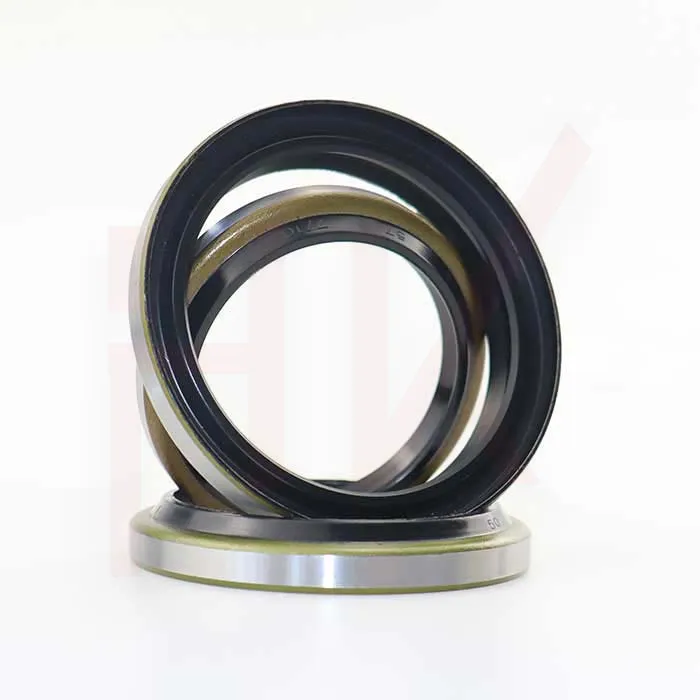Nov . 30, 2024 06:47 Back to list
Exploring Front Hub Oil for Optimal Vehicle Performance and Maintenance
Understanding Front Hub Oil Importance, Types, and Maintenance
In the realm of automotive maintenance, the significance of proper lubrication cannot be overstated. One critical component that often goes overlooked is the front hub. The front hub is integral to the vehicle's wheel assembly, responsible for connecting the wheel to the axle and facilitating smooth rotation. To ensure optimal performance and longevity of this component, the application of front hub oil is essential. In this article, we will delve into the importance of front hub oil, explore its various types, and discuss maintenance practices to keep your vehicle running smoothly.
The Importance of Front Hub Oil
Front hub oil plays a pivotal role in reducing friction between moving parts of the hub assembly. Proper lubrication is crucial in minimizing wear and tear, which can otherwise lead to premature failure of components. The front hub experiences rotational forces and lateral loads, especially during turns and when navigating uneven surfaces. Over time, debris, dirt, and moisture can contaminate the hub's internal environment, which can compromise lubrication effectiveness.
Regular maintenance and replenishment of front hub oil can prevent a range of issues, including overheating, increased noise levels, and even catastrophic failures that could jeopardize safety. In addition, well-lubricated hubs contribute to improved handling and stability, providing a better driving experience overall.
Types of Front Hub Oil
When it comes to selecting front hub oil, vehicle owners have various options. The type of oil you choose can depend on the vehicle's make, model, and specific driving conditions. Here are some common types of hub oils
1. Conventional Oil This type of oil is derived from refining crude oil and is the most common option for lubrication. Conventional oils contain additives to enhance their performance, including anti-wear agents and oxidation inhibitors. However, they may not perform as well in extreme conditions compared to synthetic options.
2. Synthetic Oil Synthetic front hub oils are crafted using chemically modified components to provide superior lubrication. They offer better temperature stability, reduced friction, and longer service intervals. This type of oil is particularly beneficial for high-performance vehicles or those subjected to rigorous driving conditions.
3. Semi-Synthetic Oil Combining both conventional and synthetic oils, semi-synthetic options provide enhanced protection compared to conventional oils while being more affordable than full synthetics. This type is suitable for drivers seeking a balance between performance and cost.
front hub oil

4. Lithium Grease While not technically an oil, lithium grease is often used in hub applications due to its excellent water resistance and anti-wear properties. It serves effectively in preventing corrosion and can be ideal for heavy-duty applications.
Maintenance Practices for Front Hubs
Proper maintenance of front hub oil is crucial to ensure the longevity and functionality of the hub assembly. Here are some best practices to consider
1. Regular Inspections Periodically check the front hubs for signs of wear or damage. Look for any leaks around the hub seals, which can indicate oil loss. Listening for unusual noises such as grinding or clicking can also signal a need for maintenance.
2. Oil Replacement Follow your vehicle manufacturer's recommendations regarding oil change intervals. This typically ranges from 30,000 to 50,000 miles, though it could be more frequent depending on driving conditions.
3. Quality Products Invest in high-quality front hub oil that meets or exceeds the specifications outlined in your vehicle's owner manual. Opting for well-reviewed and trusted brands can lead to better long-term results.
4. Professional Assistance If you're not confident in your ability to inspect or change the front hub oil, consider seeking professional help. Mechanics can ensure that the job is done correctly and efficiently, saving you time and potential headaches down the road.
Conclusion
Understanding the role of front hub oil is essential for any vehicle owner who wants to maintain their car's performance and safety. By acknowledging its importance, selecting the appropriate type of oil, and adhering to proper maintenance practices, you can significantly enhance the lifespan of your front hub assembly. Regular upkeep not only protects your investment but also contributes to a smoother, safer driving experience. Remember, when it comes to automotive care, foresight and proactive measures can make all the difference.
-
Unlocking the Potential of Hydraulic Systems with Essential Sealing Solutions
NewsAug.06,2025
-
Unleash the Power of Your Hydraulic Systems with Our Premium Seal Kits
NewsAug.06,2025
-
Specialized Hydraulic Seal Kits for Breakers, Pistons, and Presses
NewsAug.06,2025
-
Revitalize Hydraulic Systems with Premium Repair and Seal Kits
NewsAug.06,2025
-
Fortify Your Cylinders with Premium Sealing Solutions
NewsAug.06,2025
-
Elevate Hydraulic System Reliability with Specialized Seal Kits
NewsAug.06,2025
-
TCN Oil Seal Metal Ring Reinforcement for Heavy Machinery
NewsJul.25,2025
Products categories
















